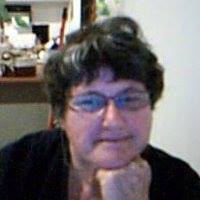Who was the first woman to be entombed at the Pantheon on her own merit?
Marie Skłodowska Curie (7 November 1867 – 4 July 1934; born Maria Salomea Skłodowska; was a Polish and naturalized-French physicist and chemist who conducted pioneering research on radioactivity. She was the first woman to win a Nobel Prize, the first person and only woman to win twice. She was also the first woman to become a professor at the University of Paris, and in 1995 became the first woman to be entombed on her own merits in the Pantheon in Paris.
Her achievements included the development of the theory of radioactivity (a term that she coined), techniques for isolating radioactive isotopes, and the discovery of two elements, polonium and radium. Under her direction, the world's first studies were conducted into the treatment of neoplasms, using radioactive isotopes. She founded the Curie Institutes in Paris and in Warsaw, which remain major centers of medical research today. During World War I, she developed mobile radiography units to provide X-ray services to field hospitals.
Marie Curie died in 1934, aged 66, at a sanatorium in France, of aplastic anemia from exposure to radiation in the course of her scientific research and in the course of her radiological work at field hospitals during World War I. She was interred at the cemetery in Sceaux, alongside her husband Pierre. Sixty years later, in 1995, in honor of their achievements, the remains of both were transferred to the Pantheon, Paris.
More Info:
en.m.wikipedia.org






